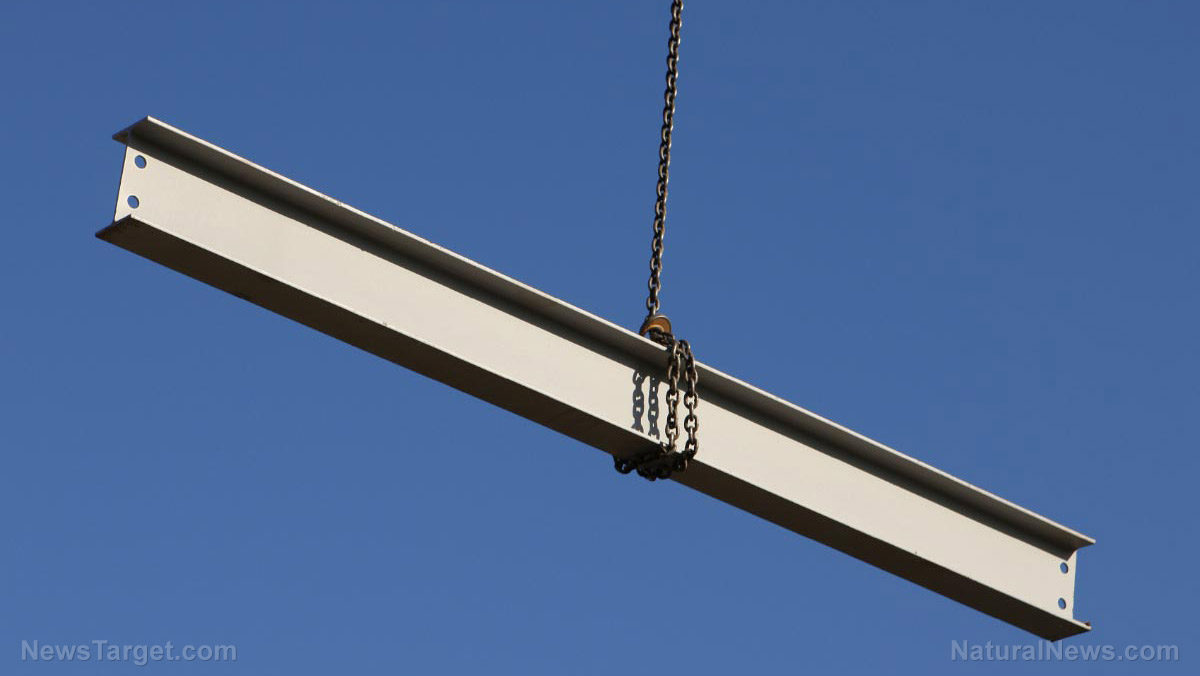
A major part of American history, the steel producer U.S. Steel, has been sold to the Japanese firm Nippon Steel in a transaction that is worth nearly $14.9 billion. The offer is almost twice that put forth by Cleveland Cliffs a few months ago, which the company rejected.
U.S. Steel was once the biggest corporation in the world and helped shape the country’s industrialization in the 1900s. It is currently the second-biggest steel producer in the U.S. and the 24th largest in the world.
Nippon has said it will keep U.S. Steel’s name and its headquarters in Pittsburgh, where the 64-story U.S. Steel Tower remains a fixture in the city’s skyline despite being renamed.
The sale will boost Japan's profile in the global steel industry, but it has a far way to go to match China. China currently controls 54 percent of global steel production, according to the World Steel Association, producing almost 2 billion metric tons of the metal each year around the world. The Chinese state-owned Baowu Group produced 120 million metric tons of the material in 2021; the U.S. Steel/Nippon combined companies will produce less than 90 million metric tons.
Pennsylvania Senator John Fetterman said he will work to block the sale, which he has characterized as an “outrageous” move. The senator, who noted that he lives across the street from a U.S. Steel plant in the Pittsburgh suburb of Braddock, stated: “It’s absolutely outrageous that U.S. Steel has agreed to sell themselves to a foreign company. Steel is always about security — both our national security and the economic security of our steel communities. I am committed to doing anything I can do, using my platform and my position, to block this foreign sale.”
Sharing a video taken from the roof of his home of the steel plant, he called it an example of “hard-working Americans being blindsided by greedy corporations willing to sell out their communities to serve their shareholders.”
Steel workers push back against sale
Shareholders will still need to vote on the deal, and it is likely to face heavy scrutiny. Nippon has said it plans to honor the collective bargaining agreements that United Steelworkers have in place with the company and intends to maintain its relationship with employees.
However, union leaders have blasted the deal and say it is a violation of an agreement they have with the company. United Steelworkers president David McCall said that the union “remained open throughout this process to working with U.S. Steel to keep this iconic American company domestically owned and operated, but instead it chose to push aside the concerns of its dedicated workforce and sell to a foreign-owned company.”
He claims neither company contacted the union about the deal and vowed to do everything he can to protect people’s jobs. The union represents 11,000 U.S. Steel employees.
He also drew attention to the national security concerns that many people have been expressing about the deal, saying: “We also will strongly urge government regulators to carefully scrutinize this acquisition and determine if the proposed transaction serves the national security interests of the United States and benefits workers.”
In addition to playing a key part in America’s industrialization, the company served a vital role during World Wars I and II, when it supplied military gear such as tanks, planes and ships with millions of tons of steel. However, in the late 1970s and early 1980s, recessions and an energy crisis prompted them to cut production and spin off some businesses.
Steel is an essential American asset, and it is scary to imagine what could happen when we hand control over to another country for a material needed to build guns, tanks and ships to protect us.
Sources for this article include:
Please contact us for more information.















